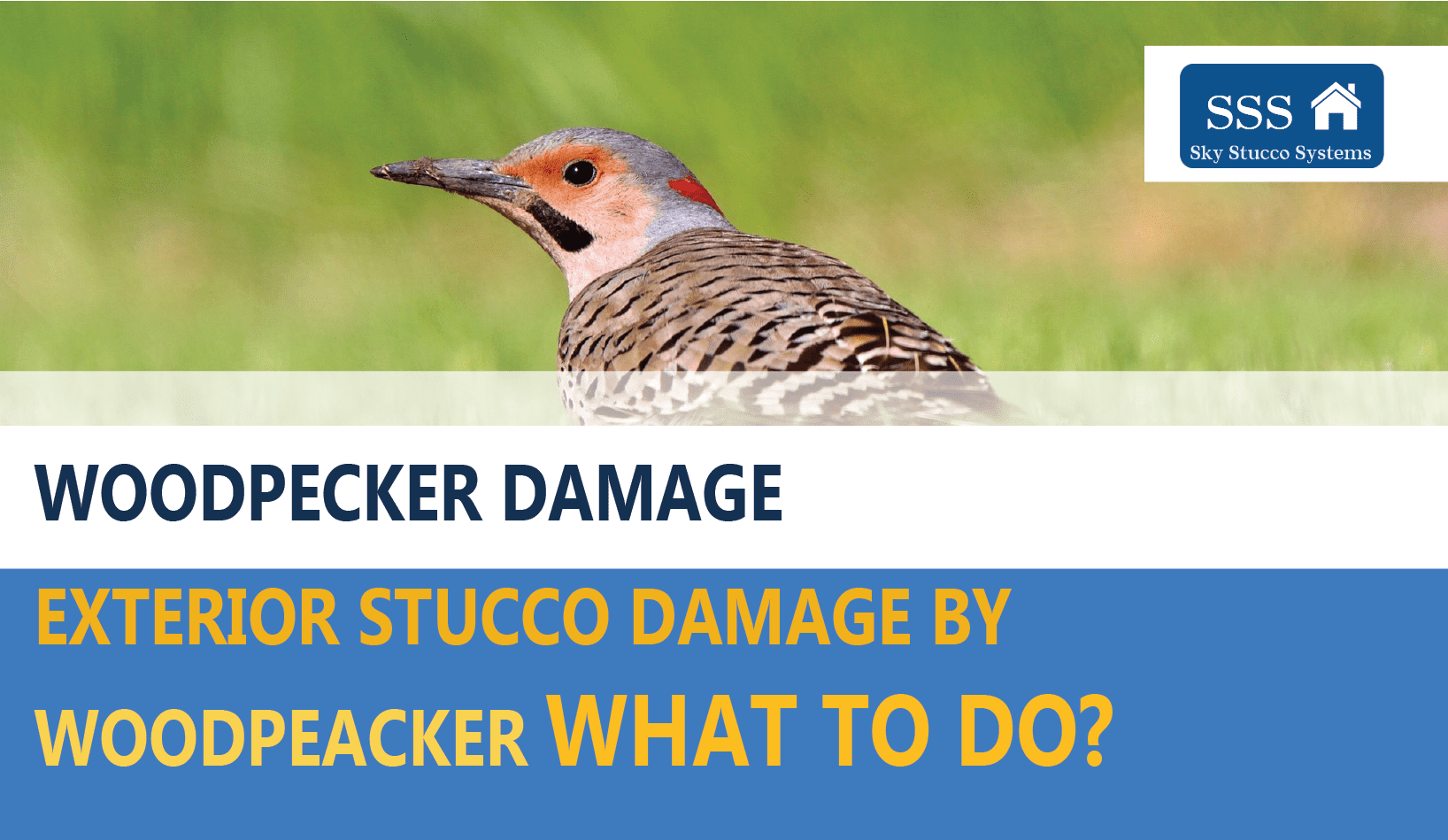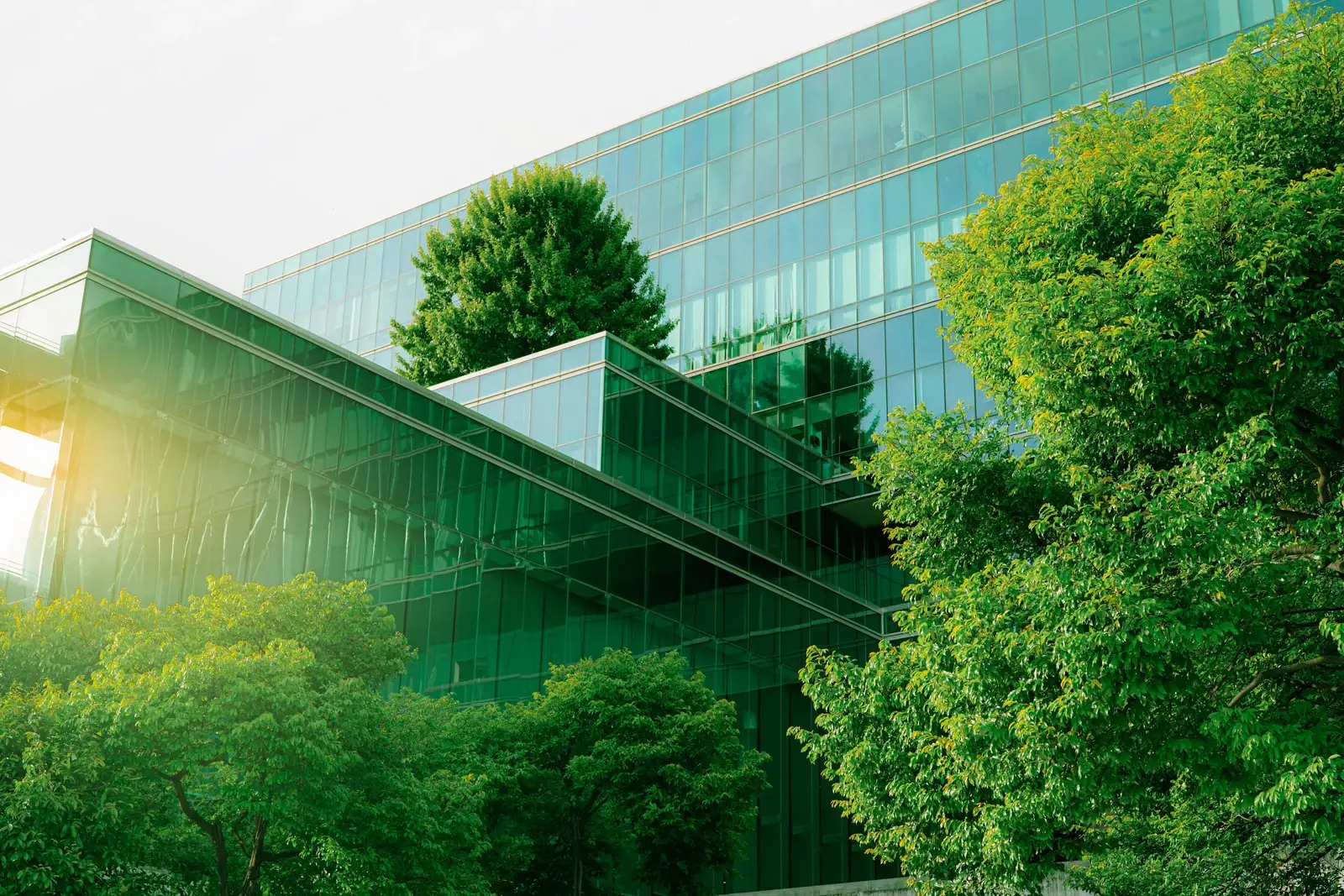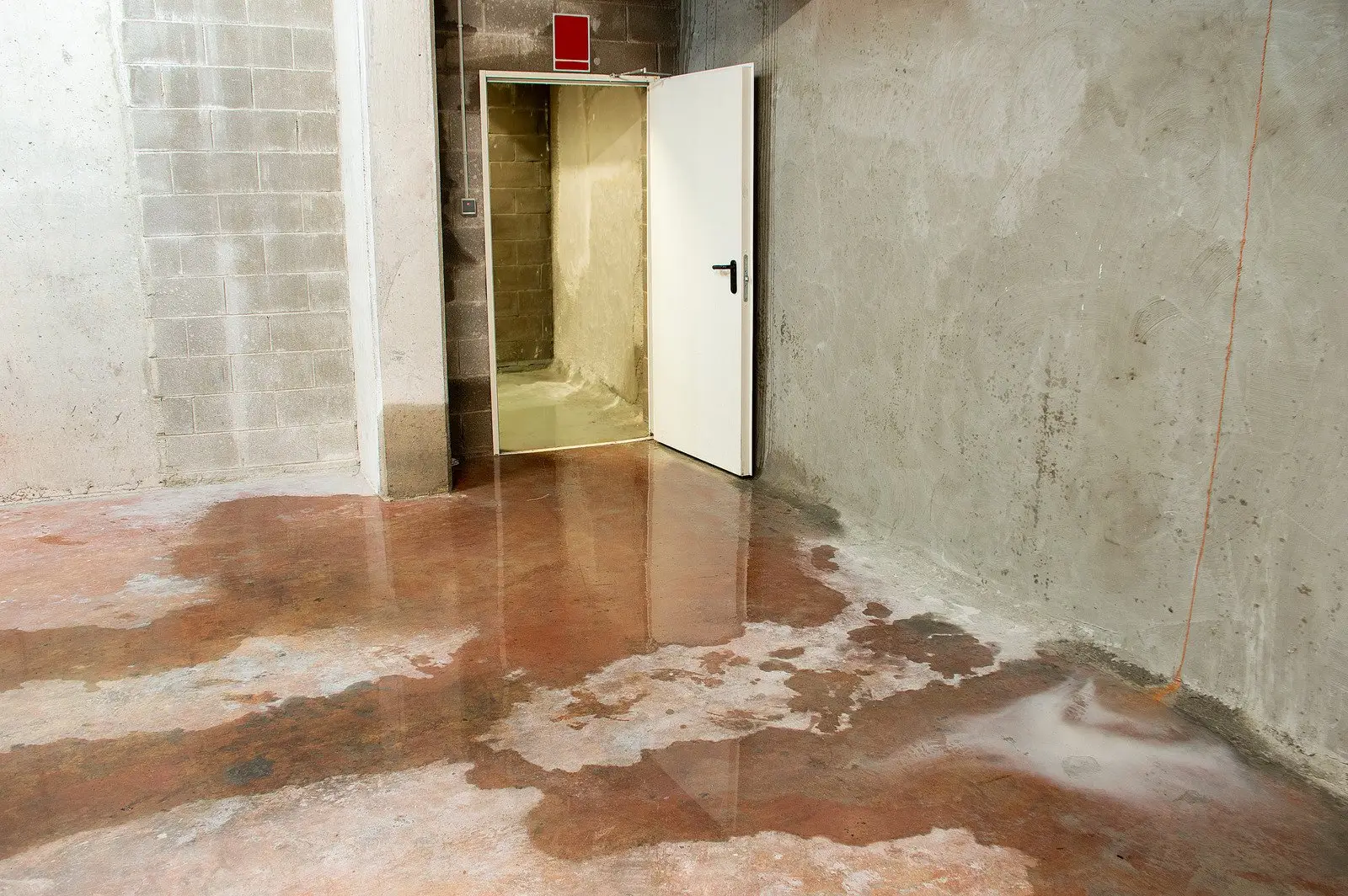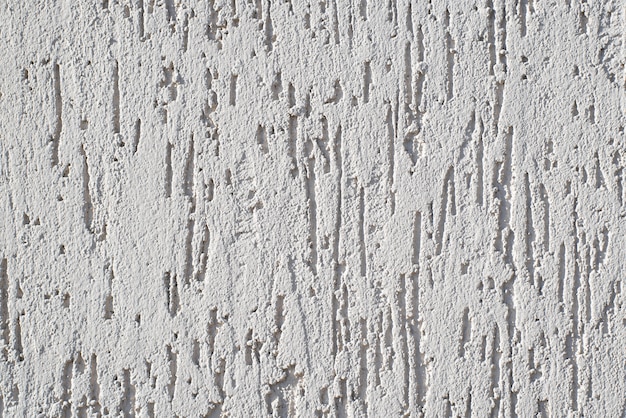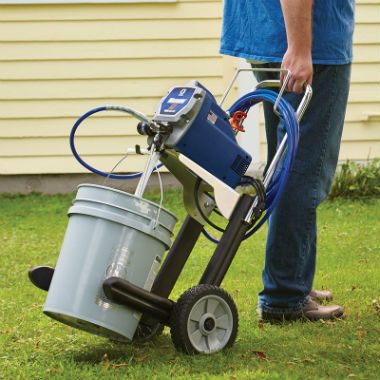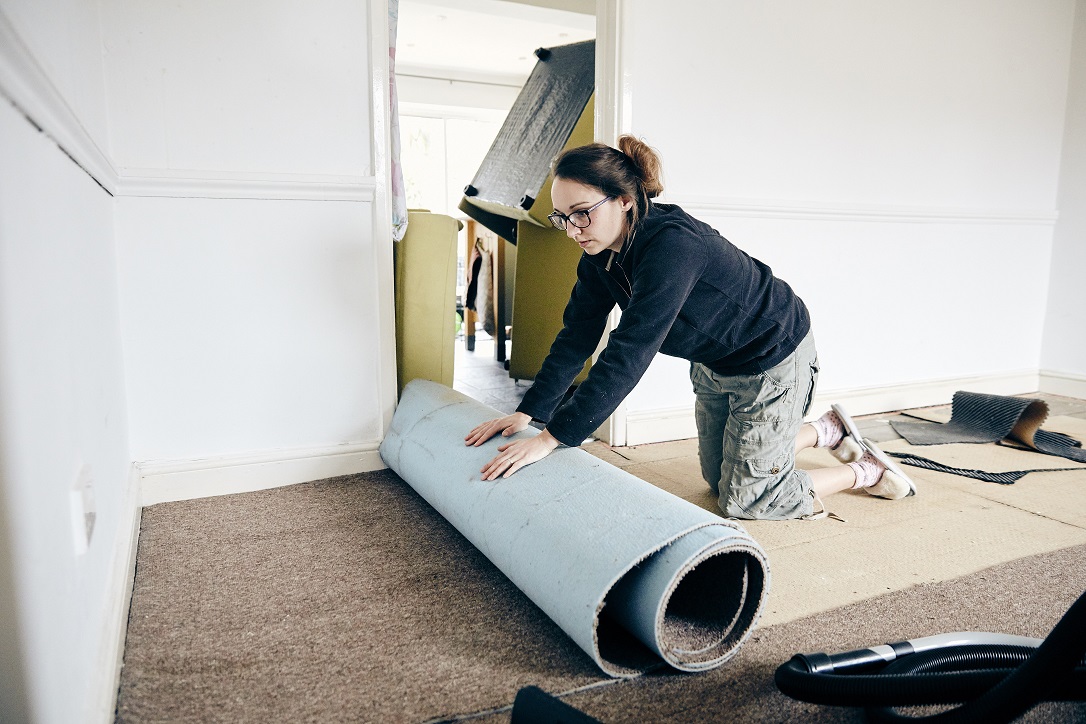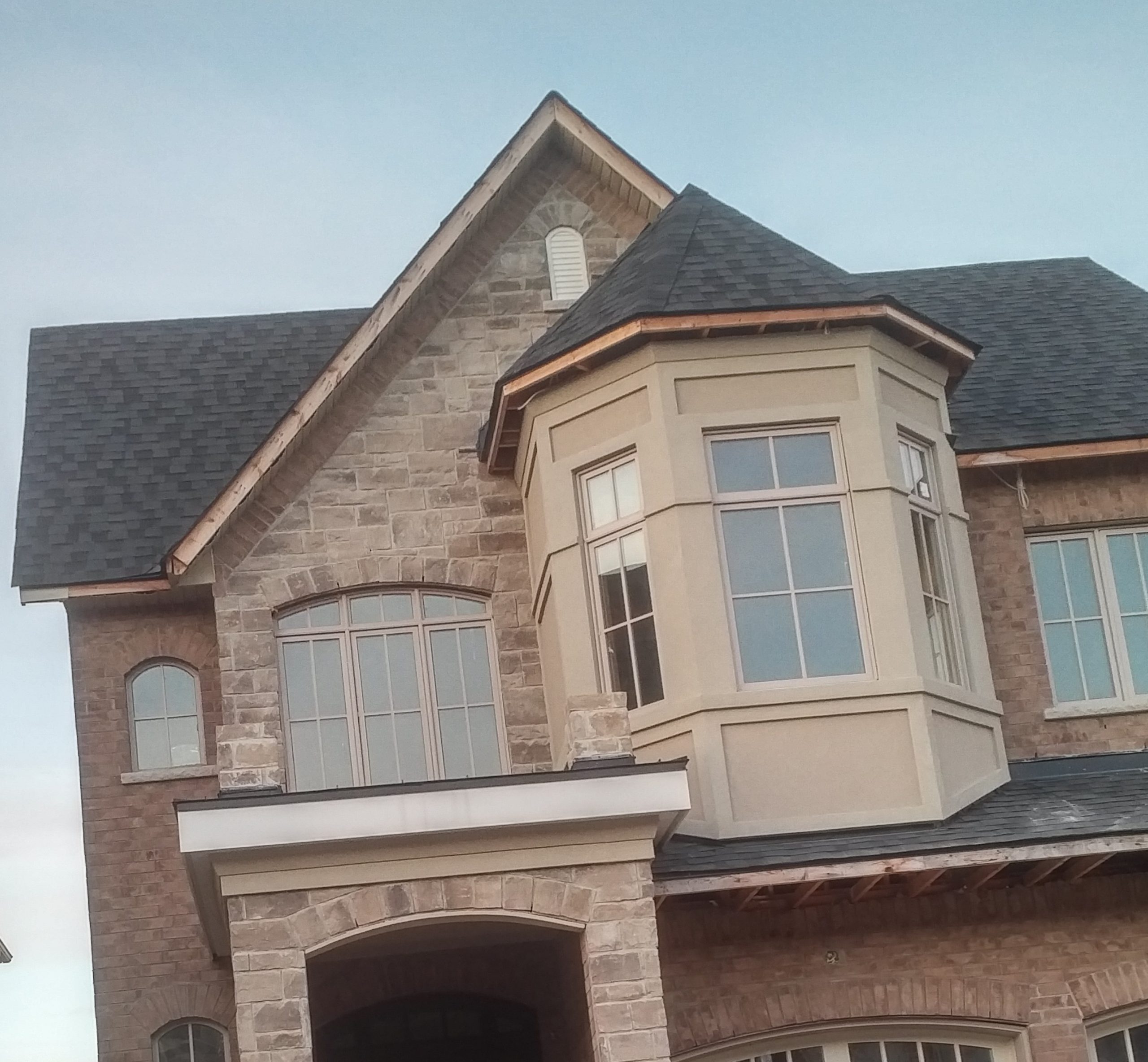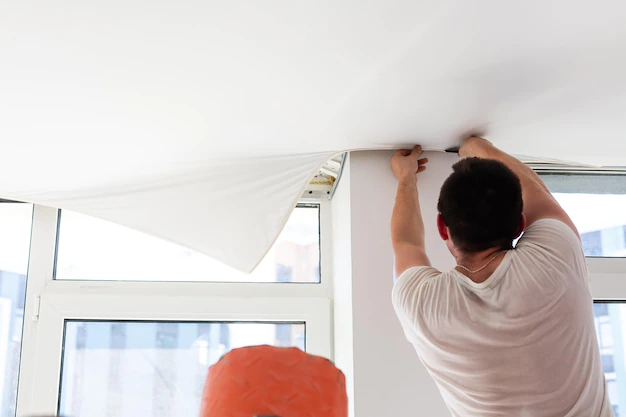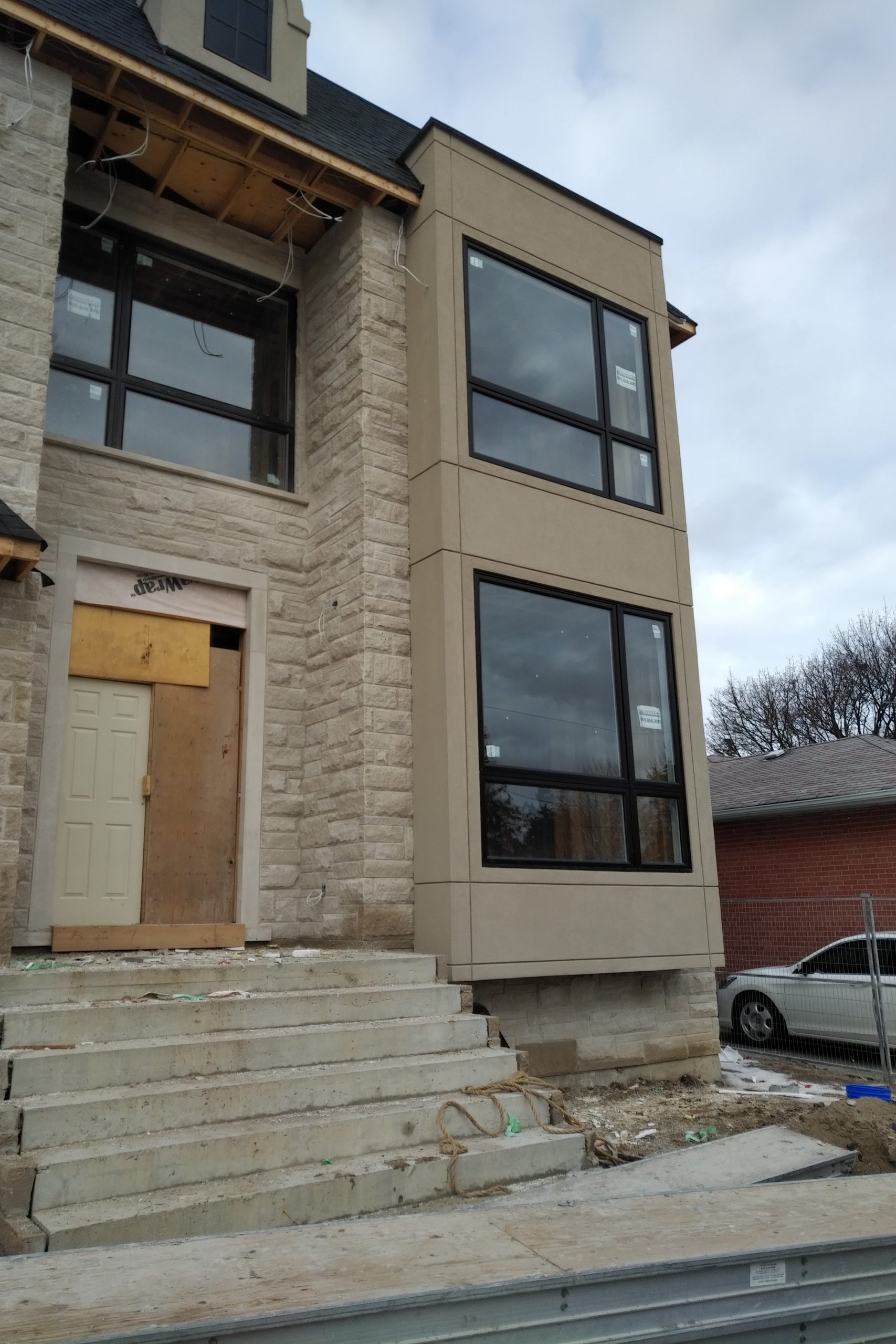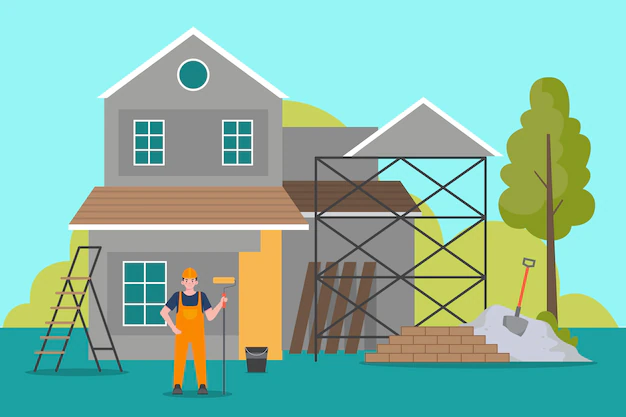Thank you for stopping by, let me guess? you are reading this because e you have got a few holes in your exterior wall am I right?. Yes, it has been probably done by a woodpecker and you wonder that so hard surface how do they manage? Here the fact….
WOODPECKER DAMAGE
There are approximately 200 species of woodpeckers around the world.
Studies reveal that there are approximately 200 species of woodpeckers around the world. and at least 16 of these can be found in North America, not including four types of sapsuckers, Northern Flickers, and the Gilded Flicker.
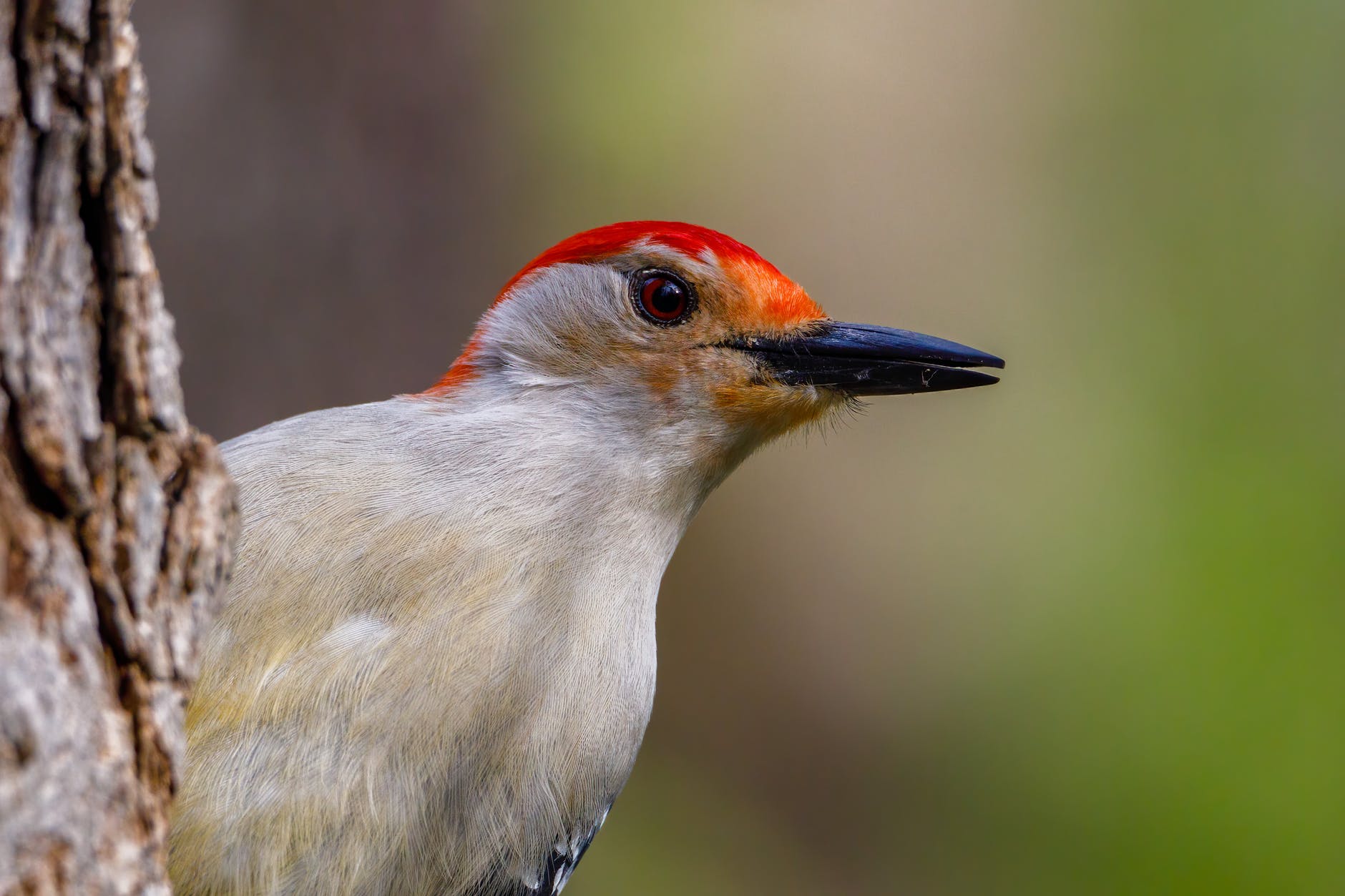
These birds have beaks that are like chisels, allowing them to bore holes into trees in order to locate food, signal to other birds, and nest. Their thick skulls and powerful neck muscles help them deliver blows to trees and other surfaces without damaging their bodies
Unfortunately, these birds can find their way into areas inhabited by humans, and our homes and office buildings can become damaged as the woodpeckers and flicker boreholes into siding and EIFS stucco surfaces however let me save some of this for latter.
WHERE THE WOODPECKERS ARE
There are at least 16 types of woodpeckers in North America and that does not include the 4 types of sapsuckers and the Red-shafted Flicker or Yellow-shafted Flicker, known as the Northern Flickers and the Gilded Flicker.
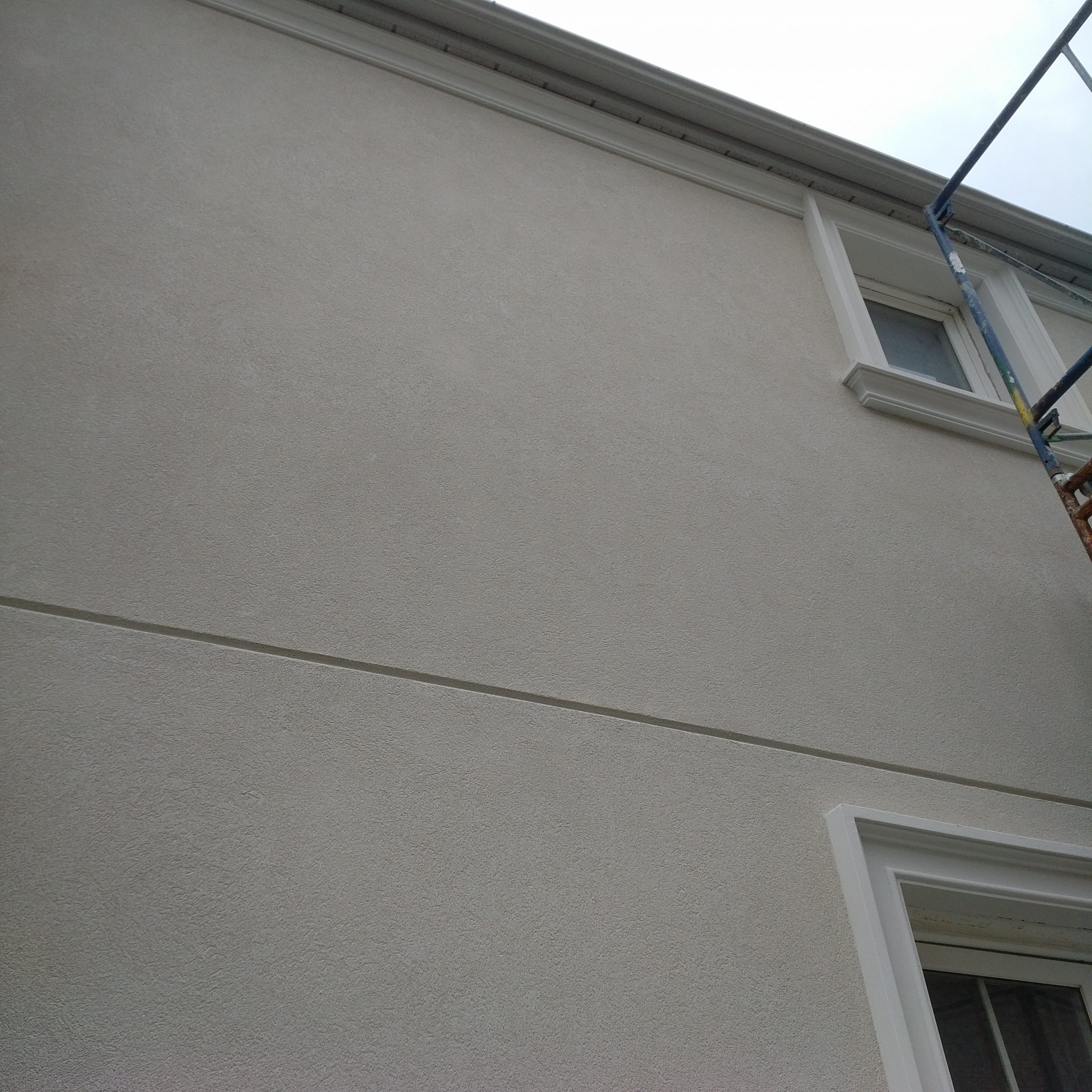
WOODPECKERS
Woodpeckers A very familiar bird in Canada and the United States
The Black-backed Woodpecker and the Three-toed Woodpecker are two of the most northern birds found most often in the northern conifers of Canada and in the American Rockies. The Downy Woodpecker and Hairy Woodpecker can be found throughout all of Canada and the USA, with the Hairy Woodpecker being the most southern traveler of the two. The largest member of the woodpecker family is the Pileated Woodpecker and it is found across Canada and the eastern states. Two woodpeckers that are showing up in the southeastern portions of Canada although it lives in the eastern states are the Red-headed Woodpecker and the Red-bellied Woodpecker. The threatened Red-cockaded Woodpecker lives in the southeastern states but mostly in Florida.
The remaining 7 types of woodpeckers live in the central states into the western regions of the United States and Mexico.
These are the Acorn Woodpecker, Arizona Woodpecker, Gila Woodpecker, Golden-fronted Woodpecker, Ladder-backed Woodpecker, Lewis’s Woodpecker, and the Nuttall’s Woodpecker.
.jpg)
WHAT IS EIFS?
EIFS (pronounced as Eef’s) stands for Exterior Insulation Finish Systems. EIFS systems are popular among architects, contractors, and engineers as they offer up strong thermal and insulation efficiency, durability, and cost-efficiency without compromising aesthetics. From the outside, EIFS is typically covered in a stucco-like finishing and forms the exterior cladding of many modern commercial buildings, condominiums, and some homes. When properly installed, EIFS can withstand hurricane-force winds, offers water protection and can last the lifetime of the building.
Unfortunately, traditional EIFS products and processes do not offer sufficient protection against damage caused by woodpeckers and other birds. When birds boreholes into the walls and other EIFS surfaces, it can damage the barrier, making the building vulnerable to water damage, mold and infestations from pests.
WHAT DOES EIFS BIRD DAMAGE LOOK LIKE?
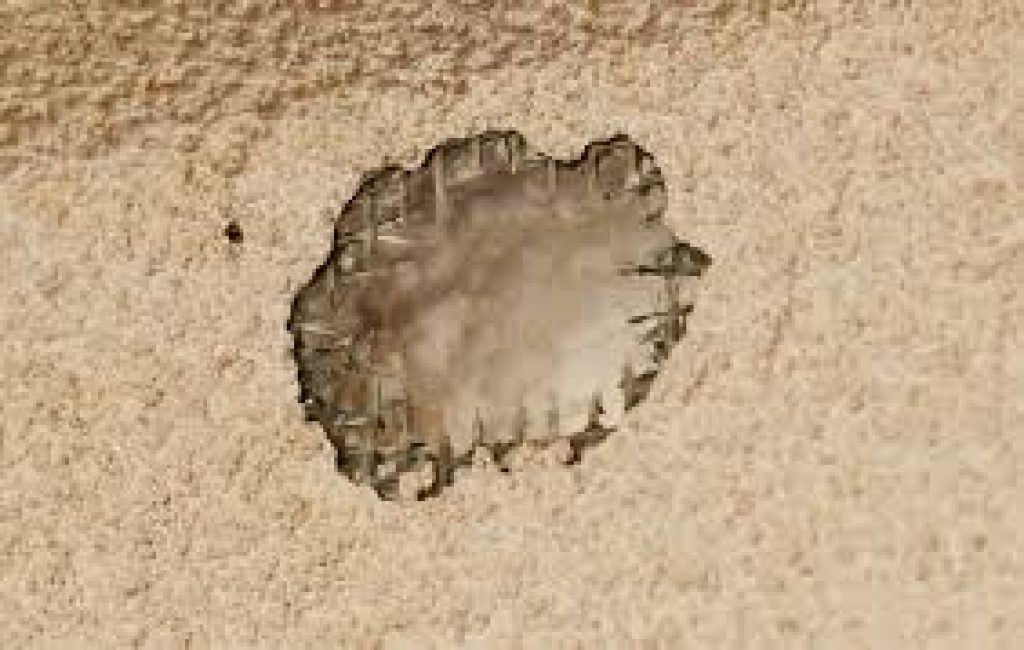
EIFS is constructed in layers that typically consist of:
- A water-resistant barrier that covers the substrate
- A drainage plane between the WRB and the insulation board
- Insulation board that is usually made of an expanded polystyrene that is secured to the substrate
- Glass-fibre reinforced mesh that is embedded within the base coat
- Water-resistant base coat applied over the insulation that serves as a weather barrier
- A finishing coat that utilizes colourfast and crack-resistant acrylic copolymer
When a woodpecker or flicker creates a hole within the EIFS siding, the layers of the exterior finishing are revealed and exposed to the elements. You will typically see the mesh and the polystyrene foam; depending on the depth of the hole created, you may see the substrate (often plywood or OSB).
When it comes to EIFS clad buildings, woodpeckers tend to gravitate towards eaves, trim, and other secluded, shaded areas, though damage can appear in any area of the EIFS siding.
IS MY PROPERTY AT RISK OF BIRD DAMAGE?

The number of factors determines how susceptible a building is to woodpecker or flicker damage. Woodpeckers and flickers can be found in the majority of North America’s most populated regions. The majority of the eastern United States and Canada are home to several species of woodpecker or flicker and the birds can also be found in the Pacific Northwest, throughout British Columbia and into the northern and wooded areas of the Canadian prairies. As climates throughout North America continue to change, birds are being found in new territories too.
What should I do
Currently, there are some ways to keep these Birds away like ultrasonic devices that you can place outside your home or hanging this type of shiny object.

When woodpeckers damage EIFS and create holes in the finishing, you will need to replace the entire panel. Often buildings have more than one damaged panel and we’ve seen anywhere between ten to three hundred holes in a building. The birds return annually, so it can cost tens of thousands of dollars to repair the woodpecker damage each year.

